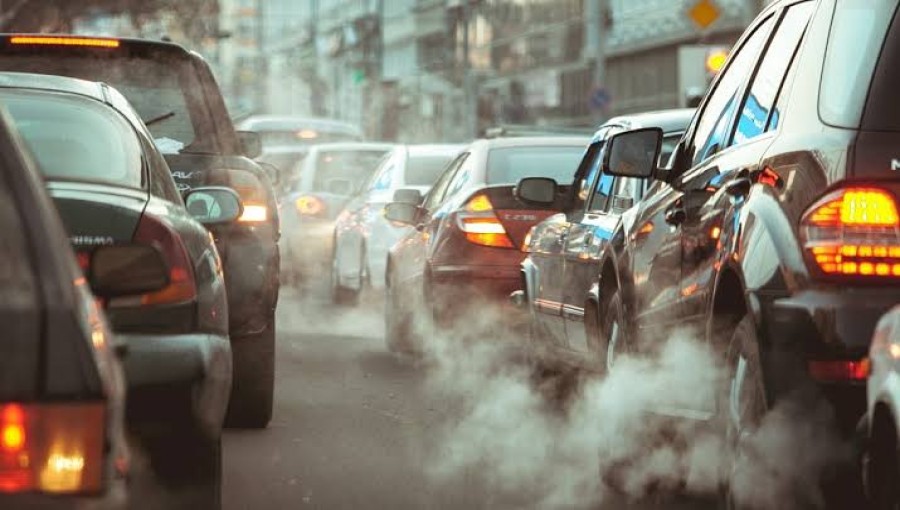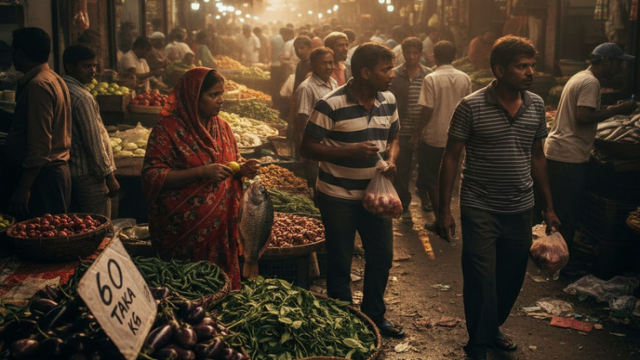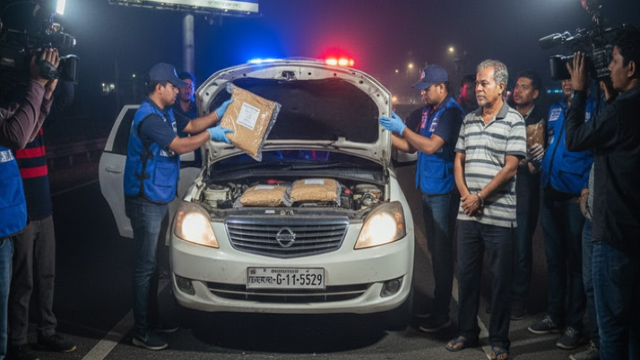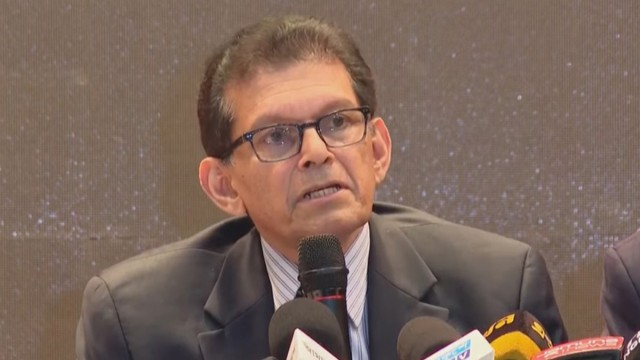Dhaka, the capital city of Bangladesh, ranks among the top 10 cities globally with the worst air quality, recording an AQI score of 128 today. With pollution levels classified as 'unhealthy,' Dhaka joins a concerning list of cities grappling with air quality challenges, highlighting the urgent need for environmental measures.
Dhaka is in the top 10 cities globally with the poorest air quality, scoring 128 on the AQI at 9:10 am today, April 7, 2024. Today, the air quality index classified the air in Dhaka as 'unhealthy'. Delhi in India, Chiang Mai in Thailand, and Lahore in Pakistan ranked highest, second, and third on the list, with Air Quality Index (AQI) scores of 339, 226, and 194 respectively. When the Air Quality Index (AQI) value for particle pollution is between 50 and 100, air quality is seen as 'moderate'; between 101 and 150, air quality is classified as 'unhealthy for sensitive groups'; between 150 and 200 is labeled as 'unhealthy'; between 201 and 300 is described as 'very unhealthy'; and a reading of 301+ is viewed as 'hazardous', presenting serious health dangers to residents. The AQI is a measure used to tell people how clean or dirty the air is in a city each day. It also lets them know what health problems could come from breathing that air. The Air Quality Index in Bangladesh is determined by five harmful substances: tiny particles (PM10 and PM2.5), nitrogen dioxide, carbon monoxide, sulfur dioxide, and ozone. Dhaka has been dealing with air pollution problems for a long time. The air quality typically becomes poor in winter and gets better in the rainy season. According to the World Health Organization (WHO), approximately seven million individuals die globally each year because of air pollution, primarily leading to higher death rates from stroke, heart disease, lung problems, lung cancer, and sudden respiratory infections.































Comment: